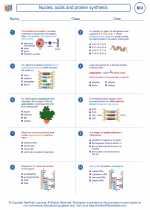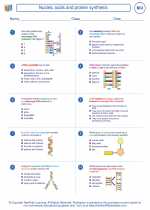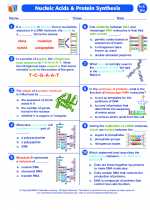Renal System
The renal system, also known as the urinary system, is responsible for the production, storage, and excretion of urine. It consists of the kidneys, ureters, bladder, and urethra. The primary functions of the renal system include filtration of blood, regulation of electrolyte balance, regulation of blood pressure, and the production of hormones such as erythropoietin.
Key Components of the Renal System:
- Kidneys: The kidneys are bean-shaped organs located on either side of the spine. They are responsible for filtering waste products from the blood to form urine.
- Ureters: These are narrow tubes that carry urine from the kidneys to the bladder.
- Bladder: The bladder is a muscular sac that stores urine until it is excreted from the body.
- Urethra: This is the tube through which urine is expelled from the body.
Functions of the Renal System:
- Filtration: The kidneys filter waste products, excess ions, and water from the blood to form urine.
- Regulation of Electrolyte Balance: The renal system maintains the balance of electrolytes such as sodium, potassium, and calcium in the body.
- Regulation of Blood Pressure: The kidneys play a key role in regulating blood pressure through the renin-angiotensin-aldosterone system.
- Production of Hormones: The kidneys produce hormones such as erythropoietin, which stimulates the production of red blood cells.
Disorders of the Renal System:
Disorders of the renal system can include kidney stones, urinary tract infections, chronic kidney disease, and renal failure. These conditions can significantly impact the body's ability to regulate waste products and maintain electrolyte balance.
Study Guide:
To effectively study the renal system, consider focusing on the following key areas:
- Understanding the structure and function of the kidneys, including the nephron, the functional unit of the kidney.
- Exploring the process of urine formation, including filtration, reabsorption, and secretion in the nephron.
- Learning about the hormones produced by the kidneys and their role in the body.
- Investigating common disorders of the renal system and their impact on overall health.
Remember to review diagrams and illustrations of the renal system to reinforce your understanding of its structure and function.
Good luck with your studies!
.◂Biology Worksheets and Study Guides High School. Nucleic acids and protein synthesis

 Worksheet/Answer key
Worksheet/Answer key
 Worksheet/Answer key
Worksheet/Answer key
 Worksheet/Answer key
Worksheet/Answer key
 Vocabulary/Answer key
Vocabulary/Answer key
 Vocabulary/Answer key
Vocabulary/Answer key
 Vocabulary/Answer key
Vocabulary/Answer key
